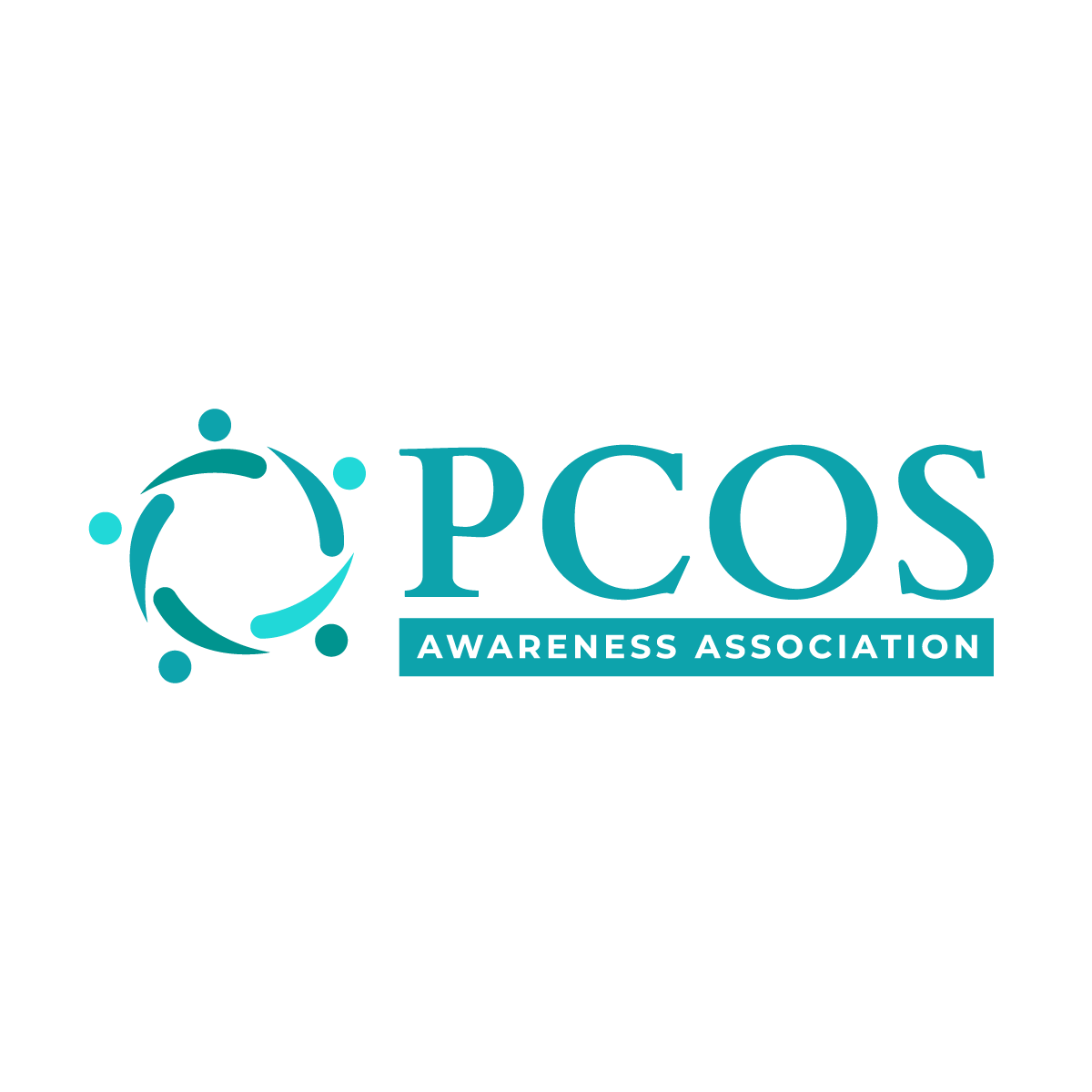I Can't Explain It
Learning to talk about your PCOS
Have you ever had to cancel plans because you just feel horrible? If you have PCOS then I bet you have. It is not like you have the flu or a cold, something that everyone can relate to, instead, you just feel fatigued, in pain, unmotivated, on edge, and you just need to rest. I once described PCOS to a friend as feeling like you have your period 24/7, but without the bleeding. It was something she could relate to and for a moment she was able to empathize with my pain.
The hardest has been explaining PCOS to men. I never know how they will react. I usually say it is “lady stuff,” but men cannot seem to ever relate to it… I wonder why! So, the way I feel most comfortable describing it when people ask, “What is PCOS?” is by telling them it is a “chronic endocrine disorder,” because that is exactly what it is. That will usually allow people to think of hormones and gland disfunction rather than wondering why you just don’t exercise more and stop eating so much cheese.
The other reason PCOS is so hard to talk about is that it is not fully understood. It is called Polycystic Ovarian Syndrome, but according to my doctor what I have are multiple unmatured follicles in my ovaries, not cysts that you would normally think of. Dr. Malpani states, “A cyst is basically a follicle which does not contain an egg. They both appear as hollow dark spherical objects in the ovary on ultrasound scans. Since we cannot make out if the structure we see on scanning contains an egg, this creates a lot of confusion in the patient’s minds.” (1) Reading medical journals and blogs about how the endocrine system and the female reproductive system works helps me understand what is going on in my body and gives me more confidence to talk about it.
Since it is so misunderstood, it is so hard to explain. That is why I feel like it is so important to discuss PCOS with others. I share my stories on my blog and social media and I have joined various online PCOS support groups. Talking about it also gets PCOS recognized more throughout the world and it will encourage more research on the condition.
If you are ready to talk about PCOS, be loud and proud. Do not be ashamed by your symptoms, talk about them because there may be someone who has a small answer for you, or you could find someone who needs an answer from you, and you can help. Not everyone is ready to talk about their PCOS and all the symptoms, pain, and heartache that comes along with it, and that is okay. I found that by talking about PCOS, I feel a freedom from it. I feel like I have it under control, even though at many times I do not. The more I talk about it the more I find other women who have had success with their PCOS and it gives me more and more hope. Share your story and women will reach out to you with stories of their own, and you begin to feel like you are not alone.
Jennifer Nelson
Writer, Artist, PCOS Warrior
Jennifer is not a medical professional. Jennifer’s writing is an expression of her own personal experiences. Please contact your health provider for medical advice.


